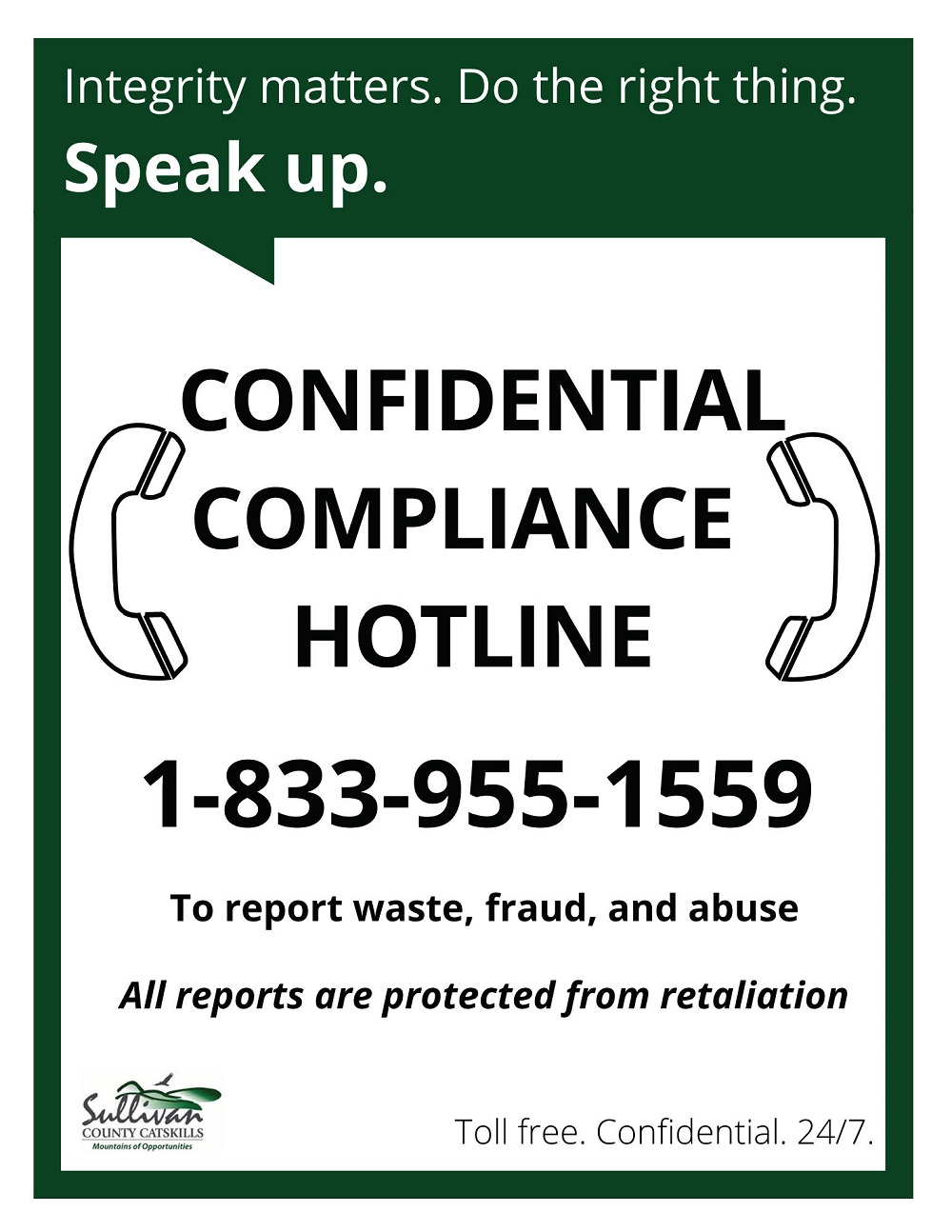Kauneonga Lake, NY – The Sullivan County Department of Public Health has confirmed that a euthanized fox in the Town of Bethel tested positive for the rabies virus. Exposed persons are currently receiving appropriate treatment.
Rabies occurs commonly throughout New York State, with the vast majority of cases occurring in wild animals, including raccoons, bats, foxes, skunks and woodchucks. Domestic animals account for less than 10% of the reported rabies cases, which most often include cats, cattle, and dogs. Wild animals and stray cats may expose your pets if they are allowed to freely roam on your property or in wooded areas; we encourage you to keep your pets up to date on vaccination and indoors when not on a leash.
The next regularly scheduled free rabies vaccination clinic for dogs, cats and ferrets, open to anyone in the County and sponsored by the Department of Public Health, will be held on Wednesday, June 5, from 6-7:30 p.m. at Morningside Park in Hurleyville.
What Can People Do to Protect Themselves Against Rabies?
Be sure your pets are up to date on rabies vaccinations. Vaccinated pets serve as a buffer between rabid wildlife and humans. Protect them, and you protect yourself and family. As a pet owner, it is your responsibility to ensure your pets are fully vaccinated.
Vaccines for dogs, cats and ferrets over three months of age are effective for a one-year period. Revaccinations are effective for up to three years. Pets too young to be vaccinated should be kept indoors.
Don't try to separate two fighting animals. Wear gloves if you handle your pet after a fight. Keep family pets indoors at night. Don't leave them outside unattended or let them roam free.
Don't attract wild animals to your home or yard. Keep your property free of stored bird seed, food garbage or other foods that may attract animals. Feed pets indoors. Tightly cap or put away garbage cans. Board up any openings to your attic, basement, porch or garage. Cap your chimney with screens.
Don't feed, touch or adopt wild animals, stray dogs or stray cats.
Encourage children to immediately tell an adult if they are bitten by any animal. Tell children not to touch any animal except their own.
Seek treatment for all animal bites and report contact with wild animals to Sullivan County Department of Public Health at (845) 292-5910. If you can safely do so, don't let an animal escape that has possibly exposed someone to rabies. Depending on the species, it can be observed or tested for rabies in order to avoid the need for rabies treatment for people, or to avoid euthanizing and testing exposed unvaccinated pets.
This also includes bats, as bats can be difficult to keep out of buildings because they can get through cracks as small as a pencil. Methods to keep bats out (bat proofing) of homes and summer camps should be done during the fall and winter. If bats are already inside (e.g. in an attic or other areas), consult with your local health department about humane ways to remove them. Bats have small, sharp teeth and in certain circumstances people can be bitten and not know it.
For more information about this press release, please contact the Disease Surveillance and Investigation Department of Sullivan County Public Health at 845-292-5910.

